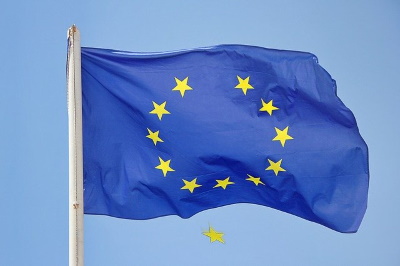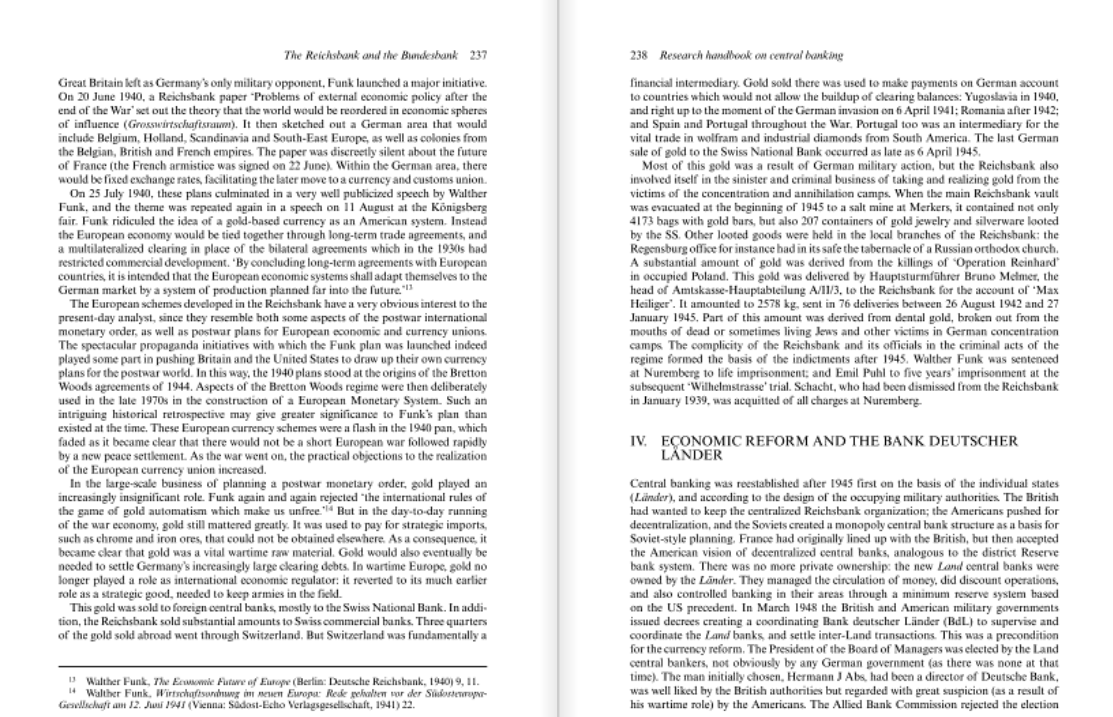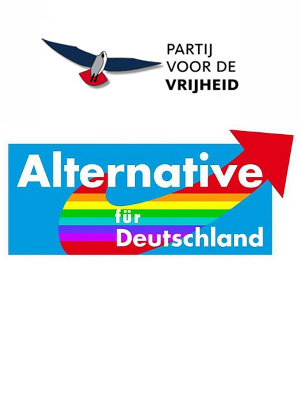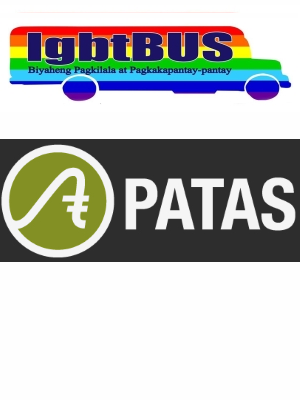
EU – A call from the past?
For many people in and outside the EU, the blue flag with its circle of stars have become a normal fact. Fact is also, that this type of normality has been growing and strengthening its foundation over generations. New humans are born, and are raised in a world where the given situation is sold to them as normal.
“The EU has developed an internal single market through a standardised system of laws that apply in all member states in those matters, and only those matters, where members have agreed to act as one. EU policies aim to ensure the free movement of people, goods, services and capital within the internal market, enact legislation in justice and home affairs and maintain common policies on trade, agriculture, fisheries and regional development. For travel within the Schengen Area, passport controls have been abolished. A monetary union was established in 1999, coming into full force in 2002, and is composed of 19 EU member states which use the euro currency.
The EU and European citizenship were established when the Maastricht Treaty came into force in 1993. The EU traces its origins to the European Coal and Steel Community (ECSC) and the European Economic Community (EEC), established, respectively, by the 1951 Treaty of Paris and 1957 Treaty of Rome. The original members of what came to be known as the European Communities were the Inner Six: Belgium, France, Italy, Luxembourg, the Netherlands, and West Germany. The Communities and their successors have grown in size by the accession of new member states and in power by the addition of policy areas to their remit. The latest major amendment to the constitutional basis of the EU, the Treaty of Lisbon, came into force in 2009.
In January 2020, the United Kingdom became the first member state to leave the EU. Following a 2016 referendum, the UK signified its intention to leave and negotiated a withdrawal agreement. The UK is in a transitional phase until at least 31 December 2020, during which it remains subject to EU law and part of the EU single market and customs union. Before this, three territories of member states had left the EU or its forerunners, these being French Algeria (in 1962, upon independence), Greenland (in 1985, following a referendum) and Saint Barthélemy (in 2012).” (Source: Wikipedia)
“Members have agreed to act as one”, is the first highlighted part of the above mentioned. One for all and all for one sounds good at first glance, but definitely it means giving up more and more of one sovereignty, as the interest of all, which is basically not the interest of all, but the interest of the institution EU, is very often not the interest of one certain country.
The EURO was forced onto the majority of the EU member states, as for one result of Germany having the strongest currency in Europe. After the reunification of East and West Germany, the country grew even further into a more dominant area, not only by population, but also by economical power. Europe never wanted to see a dominating Germany again; a Germany that would be in charge of Europe. Germany, under Chancellor Helmut Kohl, resisted the creation of a single currency at first, not wanting to give up its Deutsche Mark and the price stability and prosperity it had brought to the country's economy. After tough debates, Germany agreed, and specially France, together with other European states, created a plan, that lead to the launching of the EURO in the year 1999. Germany was yet still able to influence the ECB, in regards to the banks formal independence, the prohibition of purchasing bonds from member governments, a "no bailout" rule for countries that became insolvent, its single policy goal of price stability, and its location being in Frankfurt. It also forced a stability agreement, that set financial penalties for any country that produced a budget deficit of more than 3% of its GDP, and/or a debt that surpassed 60% of its GDP. When France and Germany soon violated these conditions, the Council of Ministers voted not to impose penalties, and the terms of the pact were watered down, giving this condition no more relevance.
“Citizenship of the European Union is afforded to qualifying citizens of European Union member states. It was created by the 1992 Maastricht Treaty, at the same time as the creation of the European Union (EU). European Union citizenship is additional to national citizenship, and affords EU citizens with rights, freedoms and legal protections available under EU law.” (Source: Wikipedia) It is not hard to predict, that this is just a stepping stone towards a European passport, demolishing state nationalities, and degrading countries to regions. Guilt ridden Germany would and could be one of the horsemen steering into that direction. Presently all ruling and most opposition parties in Germany are pushing hard, specially by removing anything that would ignite pride in peoples head, when it comes to German culture and achievements. It seems Germany is brand marked and reduced to NAZI Germany, hence 1933 – 1945 only, whilst Germany has a rich 1000 plus years old history of traditions, art, music, literature, architecture etc.
NAZI Germany is yet something we should never forget and always be remembered of; a part of history that should never ever happen again!
Yet what we can see nowadays, what comes in form of AntiFa, resembles a new fascist appearance, that uses methods we very much know from totalitarian systems. Slogans like “Don’t buy at …” “This party has to be prohibited” … Vandalizing cars, houses and attacking people of other opinion, is far from democratic. Demonstrating with full face mask, is also not a sign of openness and democracy.
Walther Funk (18 August 1890 – 31 May 1960) was a German economist and Nazi official who served as Reich Minister for Economic Affairs from 1938 to 1945 and was tried and convicted as a major war criminal by the International Military Tribunal at Nuremberg. Sentenced to life in prison, he remained incarcerated until he was released on health grounds in 1957. He died three years later.
Walter Funk was one of the most important promoters of the idea of a European Economic Community and European Union, later supported by the Americans through the Marshall Plan and by Helmut Kohl and Francois Mitterrand in 1993 (Maastricht Treaty). Walter Funk envisioned a European Union even if that would be led by Germany. (Source: Wikipedia)

“Research Handbook on Central Banking / Research Handbooks in Financial Law series
Edited by Peter Conti-Brown and Rosa M. Lastra
Central banks occupy a unique space in their national governments and in the global economy. The study of central banking however, has too often been dominated by an abstract theoretical approach that fails to grasp central banks’ institutional nuances. This comprehensive and insightful Handbook, takes a wider angle on central banks and central banking, focusing on the institutions of central banking. By 'institutions', Peter Conti-Brown and Rosa Lastra refer to the laws, traditions, norms, and rules used to structure central bank organisations. The Research Handbook on Central Banking’s institutional approach is one of the most interdisciplinary efforts to consider its topic, and includes chapters from leading and rising central bankers, economists, lawyers, legal scholars, political scientists, historians, and others.”
“Walter Hallstein (17 November 1901 – 29 March 1982) was a German academic, diplomat, and statesman. He was the first president of the Commission of the European Economic Community and one of the founding fathers of the European Union.” (Source: Wikipedia)
During World War II he served as a first lieutenant in the NAZI German army in France. Captured by American troops in 1944, he spent the rest of the war in a prisoner-of-war camp in the United States.
Walter Hallstein was a member of several nominally Nazi professional organizations, but he was not a member of the Nazi Party or of the SA, which may be saved him from harsher punishments after the war, but nevertheless he did fight for the NAZIs.
Nevertheless also, German power, by being the biggest contributor and keeping the EURO strong is still in place. Companies like Siemens, VW, Krupp etc. are still holding leading economical roles world-wide.
There seems to be a timeless need for power and dominance in all ruling powers, but worse of all, democracy that Europe has fought for so long, is on the brink of demolishing itself, and Britain, through its action of BREXIT, has seen this and stepped out, as one of the oldest democracies in Europe, wisely. Not only is Europe and its nations transforming to a centralized superpower, but it is demolishing its freedom and democracy through the import of “alien to democracy and secular” people. Fact is, there is no European identity, as identity arises from local culture, history and family. Europe is so diverse and rich of cultures, that telling to the people a united and unified system will make it diverse, is a slap in the face. In reality the EU wants to have a system, in where countries are no longer, traditions and values are replaced, democracy is transformed to centralism. A form of socialism where even parties may no longer play a role.
Its up to the citizens of Europe to decide, either to stand up or to surrender. The ongoing import of the culture of submission is not giving that decision a lot more time to think about.
By Thomas Fleckner



















































Comments powered by CComment